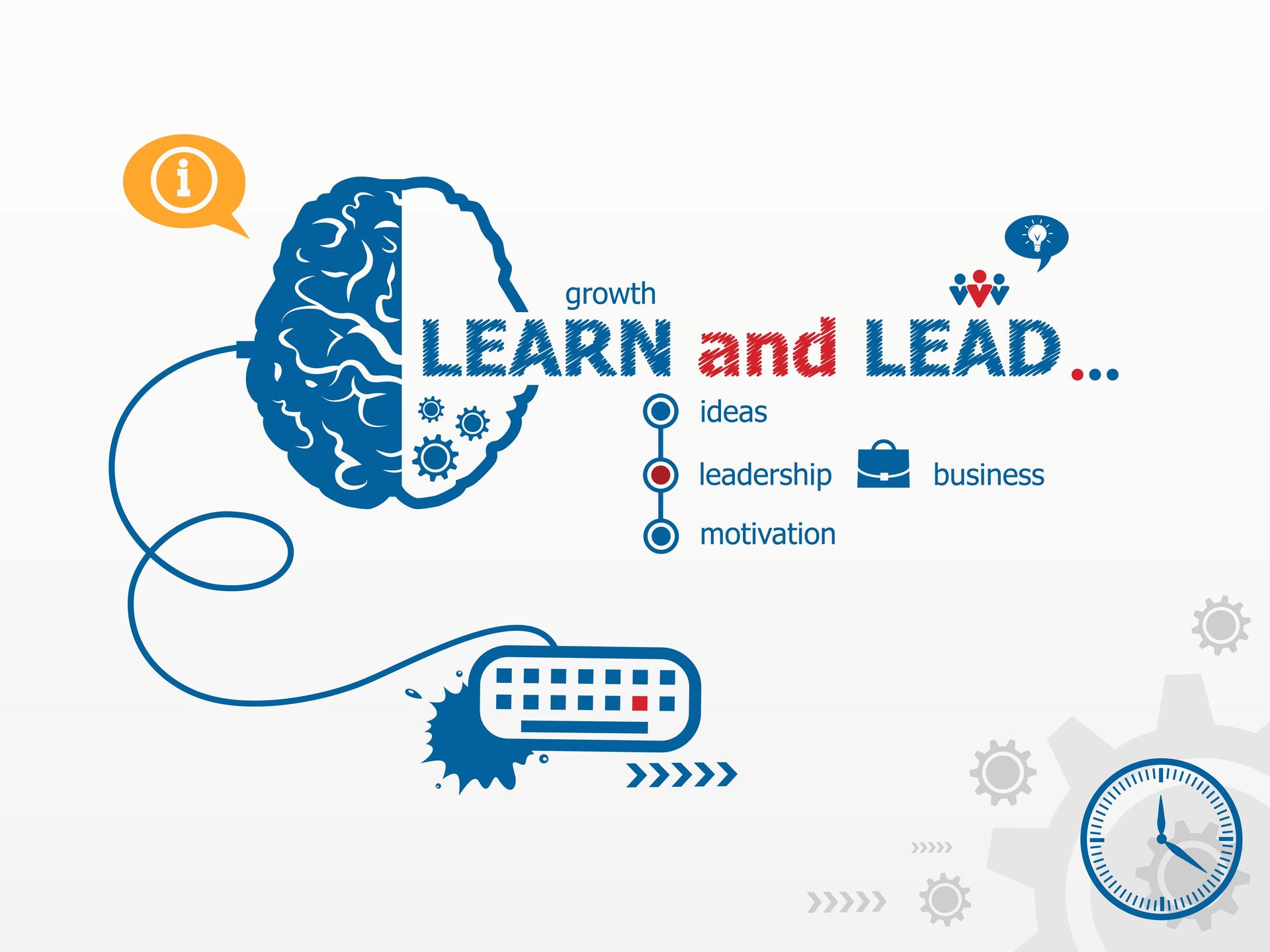February 14, 2016
Succession Planning: Keys To Successful Outcomes
Succession planning is a systematic effort by an organization or agency to ensure leadership continuity in critical positions. It is a proactive practice that helps to identify and develop leaders for key positions. In this article, we will briefly cover the succession planning process as well as some of the options for succession planning. We will also discuss transparency and the pros and cons of being transparent about your succession plan.
by Marina Arshavskiy










